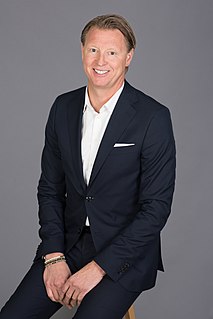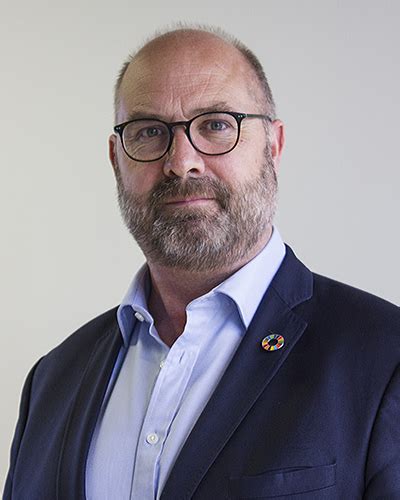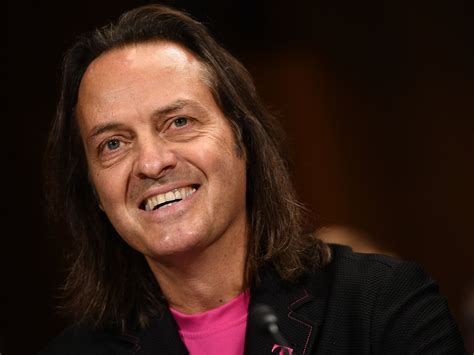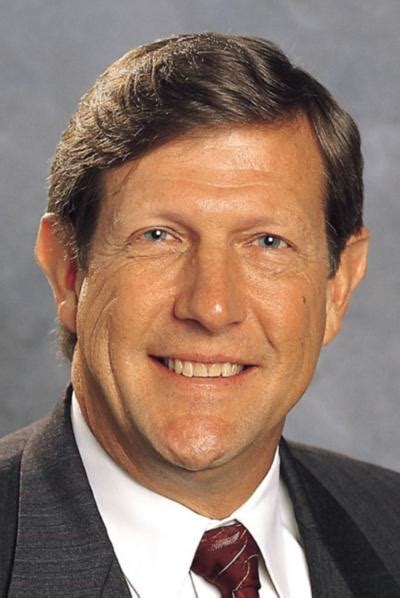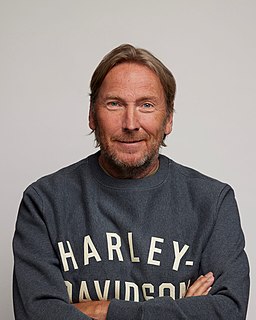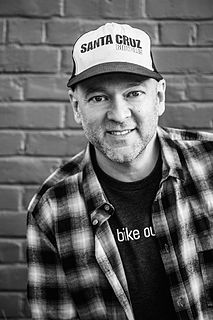A Quote by Hans Vestberg
When I came into the CEO office, I basically changed the entire management team. We knew that we had to change the company, so we needed a new set of leaders.
Related Quotes
I agree with O'Toole that custom and comfort are impediments to change. However, it is important to recognize that resistance to change is logical as well. The new "change masters" literature seems to take change as the norm. It isn't. Humans naturally see change as risky because it is risky, just as mutations in genes are mostly destructive. You would not want to go to work were everything changed every week! The phone system, the office assignments, who reports to who, and the whole set of job expectations.
Strangely, from a life-change standpoint, I sold the company I was running and got divorced in the same month. And so there I was, at home, and I'm not the CEO. I took a few months thinking about what I wanted to do. When the first call came in about running a company owned by Deutsche Telekom, I thought it was laughable and really not something I'd do. I took the meeting mainly because the headhunter I knew. At first I thought I was just helping her fill out the roster, but then I dug into it.
Somebody asked me 'what's the job of a CEO', and there's a number of things a CEO does. What you mostly do is articulate the vision, develop the strategy, and you gotta hire people to fit the culture. If you do those three things, you basically have a company. And that company will hopefully be successful, if you have the right vision, the right strategy, and good people.
I've loved hip-hop all of my life, but there came a time in my life when my entire life had a shift: where, before, I was just kind of going to church every now and then; then, there was an actual change, where I actually understood who Jesus was, actually understood the message of the Gospel, and my entire life changed.
When I was working at the game company, I wasn't just doing graphic design, I was doing the entire product management, so I would do the graphic design, I would create the advertisements, even the catch copies. I would figure out what kind of packaging and design of the packaging, so I was basically doing total product management at that time.
